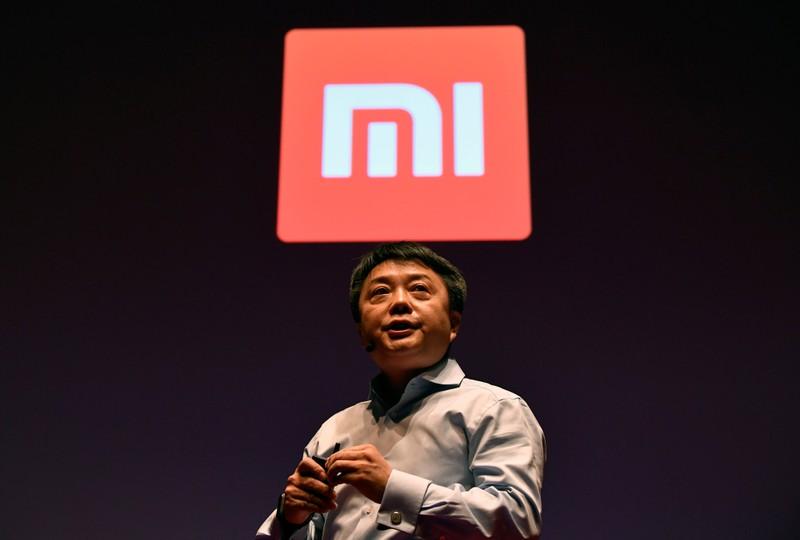Chinese smartphone maker Xiaomi’s president Wang Xiang said on Wednesday that the global chip shortage was increasing the company’s costs and implied that in some cases the prices of its products might rise as a result.
“We will continue to optimize the costs of our hardware devices, that’s for sure,” he said during the company’s fourth quarter earnings call. “To be honest, we will do our best to offer the best price we can to consumers. But sometimes, we may have to pass part of the cost increase to the consumer in different cases.”
A shortage in computer chips has rocked the electronics industry since late last year, as factors such as COVID-19, sanctions against key Chinese technology companies, and poor anticipation of demand all converged to upend the semiconductor supply chain.
While originally concentrated in the automotive industry, the shortage has expanded to affect all types of chips in a range of hardware products, including smartphones.
Qualcomm Inc, a key supplier to Xiaomi, is struggling to meet orders for major smartphone brands, Reuters reported earlier this month
“We are feeling pressure, but we are looking okay,” Wang added, speaking to investors.
The company reported a year-on-year revenue increase of 24.8% in the fourth quarter, hitting 70.5 billion yuan ($10.8 billion), while adjusted net profit rose 36.7% to 3.2 billion yuan.
Smartphone sales, which account for the bulk of Xiaomi’s revenue, rose 38% to 42.6 billion yuan.
The company’s shipments in China surged by 52% from a year earlier as it grabbed market share from rival Huawei Technologies Co Ltd, which has steadily retreated from the global market due to U.S.-led sanctions, helping Xiaomi corner 15% of the domestic market share.
Huawei has been struck massively by the US ban on key components, which has naturally caused its shipments to fall both within China and overseas.
Anticipating the opportunity, Xiaomi and other Android-based smartphone makers ramped up production of their devices towards the end of last year.
This, however, contributed to the chip shortage, which was partly caused by a pandemic-led demand for consumer electronics outstripping supply from chipmakers such as Qualcomm.





 Scientists and architects are working on a new Mars city concept
Scientists and architects are working on a new Mars city concept